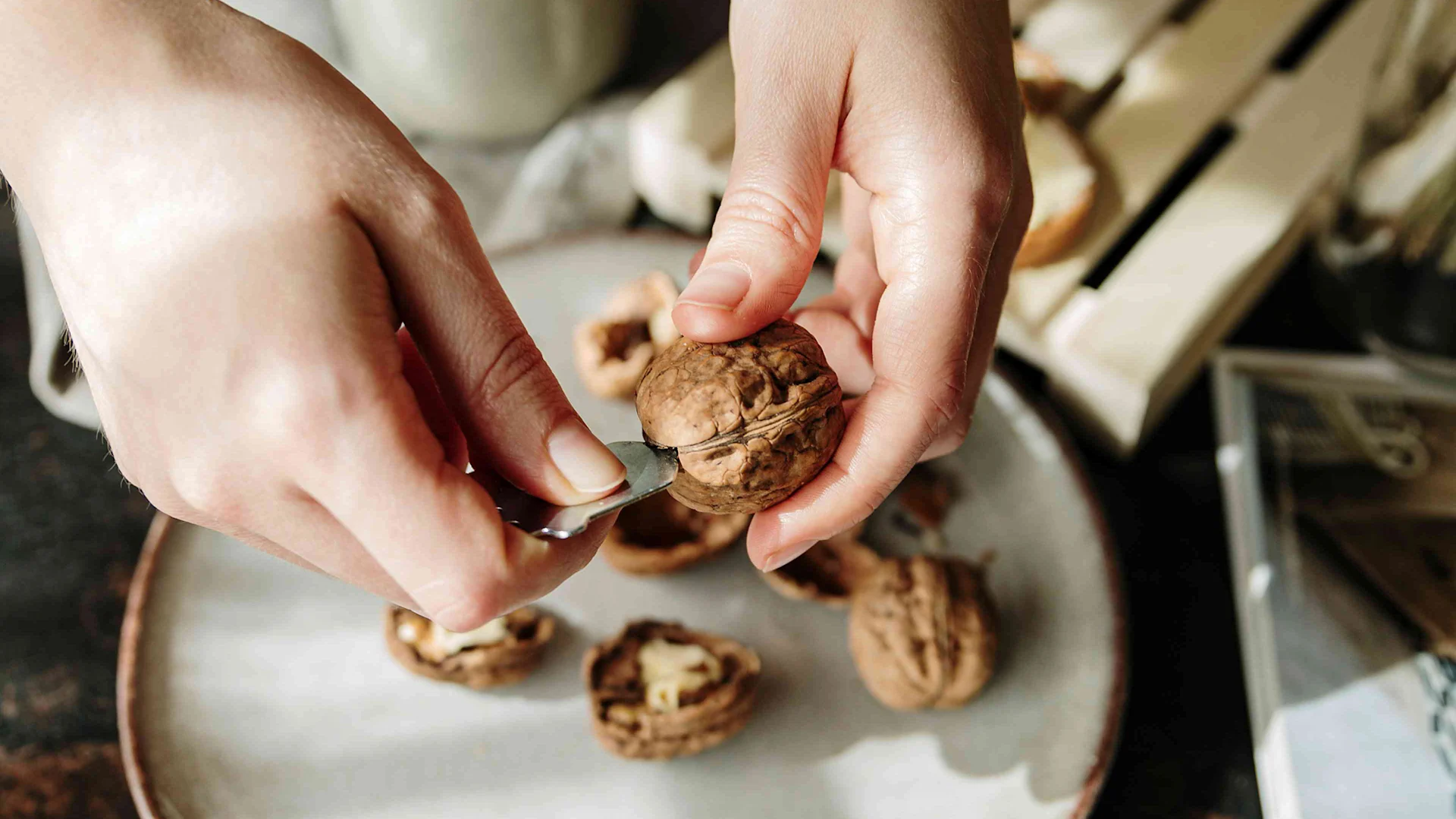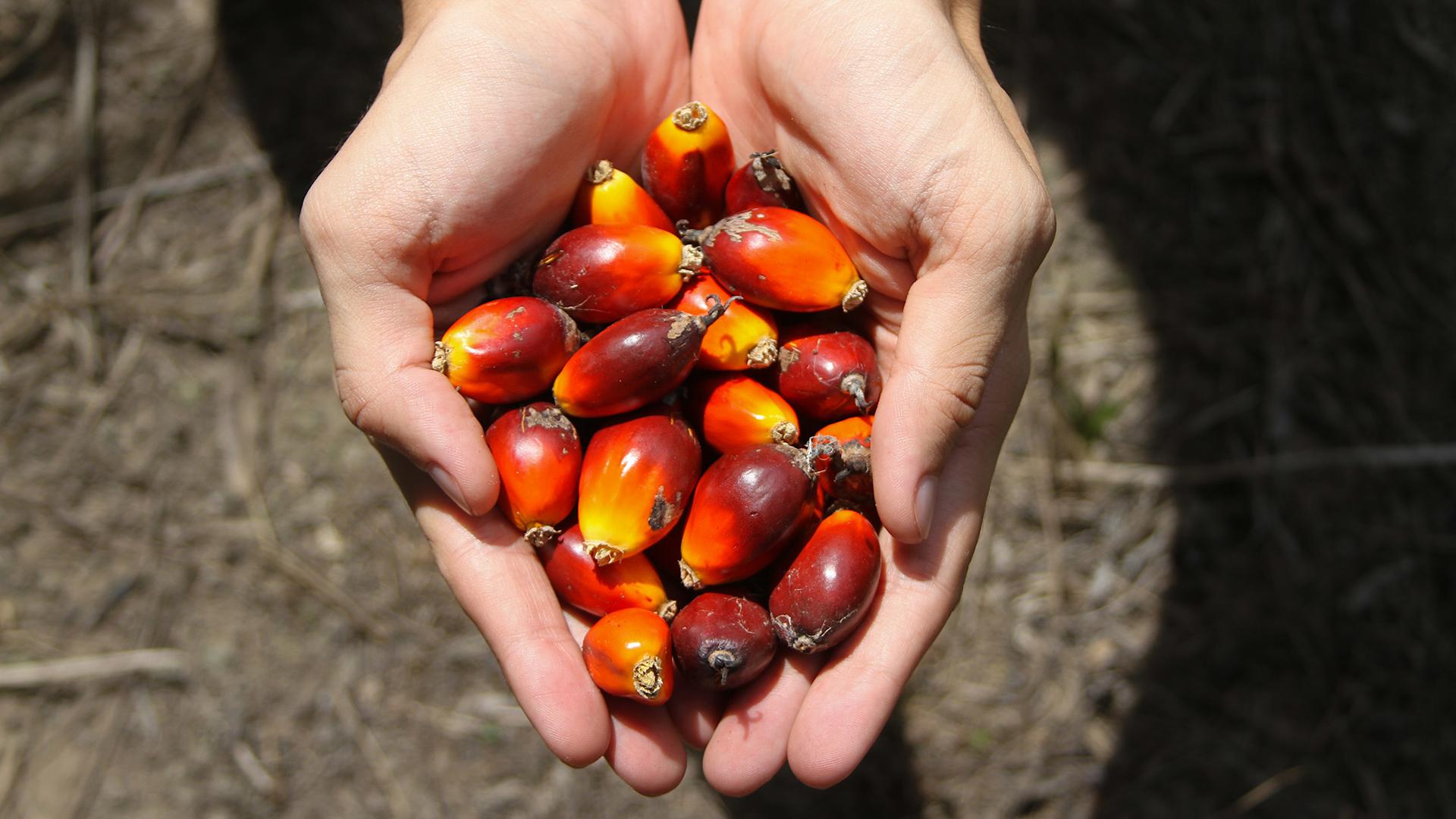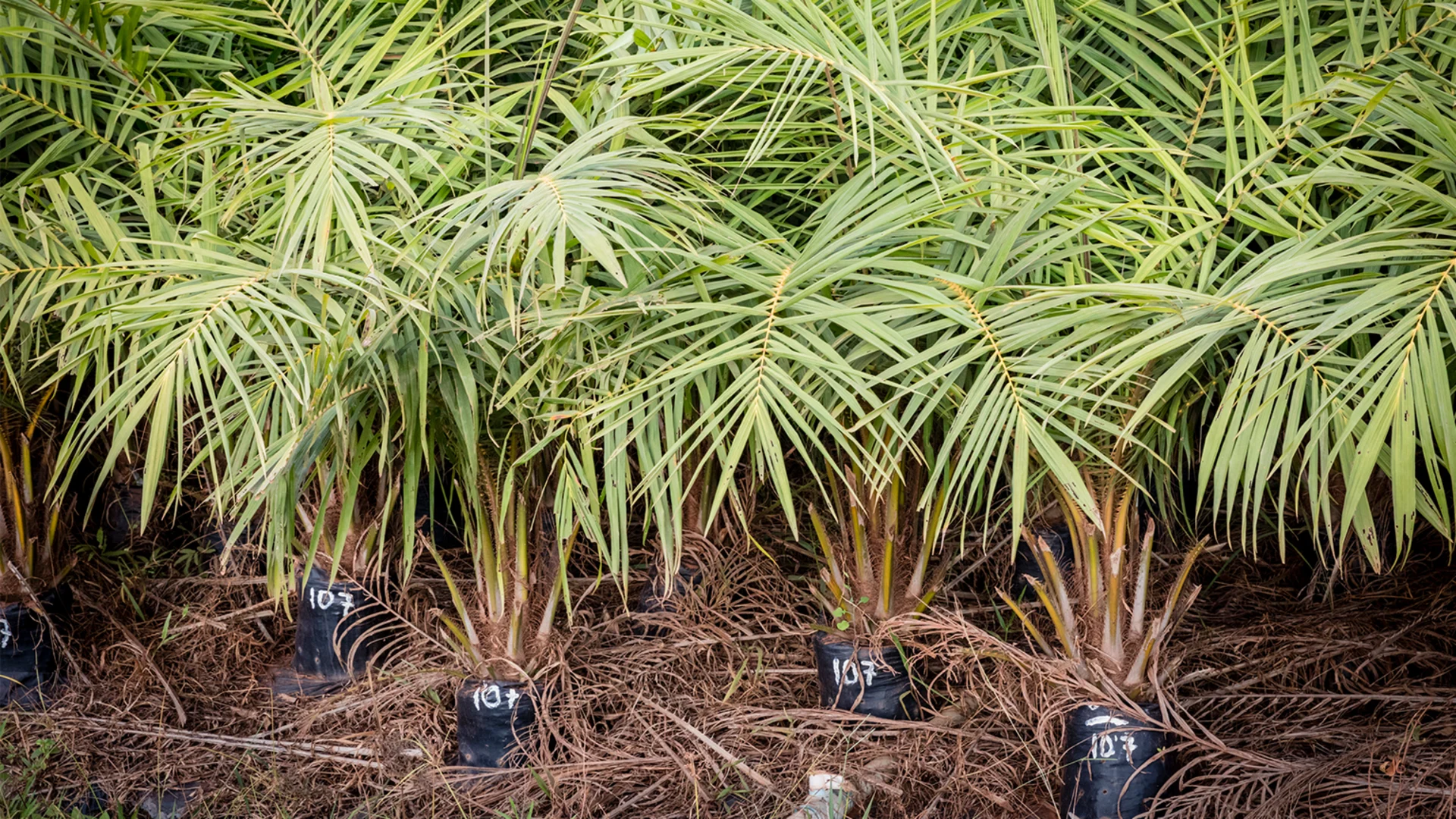
Sustainable products
How to crack nuts without a nutcracker
Got a bagful of nuts, but no nutcracker? With our hacks you won’t even need one!
navigation

Sustainable products
Palm oil has a bad reputation. In fact, the sourcing of palm oil is not without its problems. However, it makes an immense difference when sustainably sourced palm oil is used – for people, animals and the rainforests. Migros is making a strong case for this.
Palm oil is on everyone's lips at the moment, and not just figuratively. Numerous products in our daily lives contain palm oil: for example, many types of biscuits, margarine, muesli, ready meals, as well as cosmetic products, detergents and soaps.
Palm oil can be used in (almost) everything and that's why it's so sought after. It remains solid at room temperature, it's easy to spread, it's tasteless and it's easy to heat up. In recent years, there has been a marked increase in palm oil production around the world. Other fats and oils must be partially hardened for use. But because the trans fats that result from this process have been shown to have a negative impact on health, palm oil has become even more popular.

Alternatives are also not very promising in other respects. At first glance, rapeseed oil and coconut oil, for example, seem to be potential alternatives. However, if you take a closer look, you will see that you are not doing the environment a service with these oils. This is because palm oil is five to ten times more productive, which means that much more land is needed to source the same amount of rapeseed oil or coconut oil. Furthermore, it is not always possible to substitute these oils for palm oil for technological and taste reasons.
Nevertheless, we constantly review our recipes to analyse which fat or oil would make the most sense to use. Environmental and health aspects with regard to processing properties as well as customer requirements are taken into account in these reviews.
Simply not using palm oil is therefore not possible. But a lot has happened in recent years. For our products, we only use palm oil from certified palm oil plantations in the Solomon Islands, Cambodia and the Ivory Coast. Some 98% of our palm oil is sourced from sustainable production. We can trace the palm oil we use almost completely to its roots. This way, we promote the value chain for sustainable palm oil.
This means that we ensure that, among other things, no rainforests are cut down, no peat bogs are destroyed and no critical pesticides are used. We also set clear requirements in terms of the social conditions. The plantations are regularly inspected by the independent Earthworm Foundation organisation.
You can find out more about our commitment to a wide range of sustainable products in the stories.